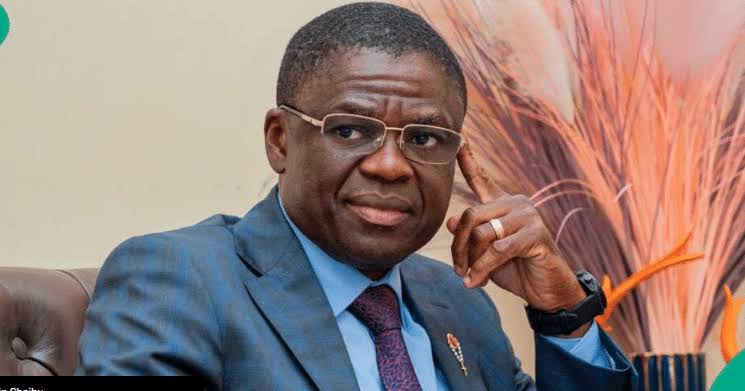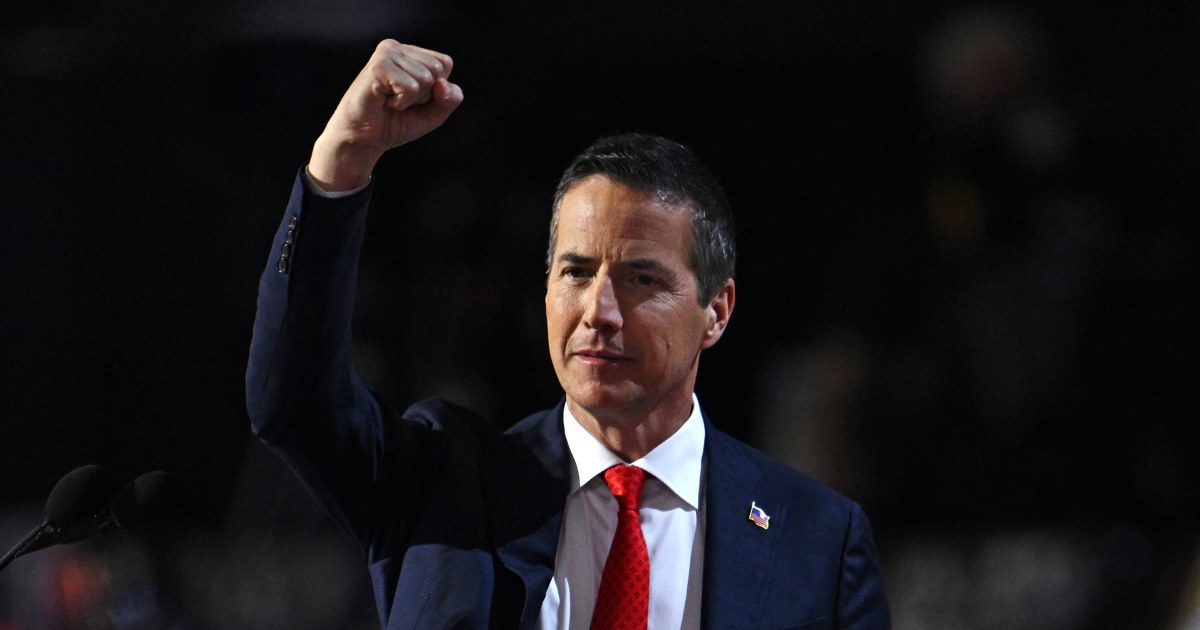
Illusioned, like all Colombians, that the Constituent Assembly was the path, as stated in the official advertising that promoted it, to achieve great transformations, starting with politics, by installing the sessions of the new Congress of the Republic elected after the revocation of the previous one , I gave a speech that I titled Towards a new country. But, I have to confess that I participate in the frustration of the majority of Colombians, because after the first thirty years of the 1991 Political Constitution issued by it, we are no better off than when we were worse off. Beginning because the new Charter, considered as a Peace Pact, far from it the armed conflict intensified and it was necessary to wait 15 years for the signing of Final Agreement
with the FARC, as the beginning of the end of it.
And this has been due, to a large extent, to the fact that many of its mandates, such as the related to autonomy and territorial ordering are still not developed, they have remained written on paper. It is also attributable to the reformist desire of the Congress, which has ended up converting the Constitution, as foreshadowed by the slain Magistrate of the Supreme Court of Justice Manuel Gaona Cruz, in a Letter to the letter. There are already 57 amendments to the Political Constitution and a good part of them have been regressive. This is largely explained by normative fetishism, consisting of the false belief that it is enough to change the laws to change, as if by the art of birlibirloque, reality.
With the Final Agreement “to end the conflict and build a stable and lasting peace” with the FARC, the same thing has happened as with the 1991 Constitution. The second point of the Agreement proposes “effective measures to promote greater participation in national, regional and local politics, from all sectors, including the most vulnerable population, under equal conditions and with security guarantees.” But, with this point, which is the quintessence of the Agreement, the same has happened as with the first and main of the agreed points, “access and use. unproductive lands. Formalization of the property. Agricultural frontier and protection of reserve zones”. One point and another remain a dead letter.
Regarding “greater political participation”, the aforementioned Agreement raises the urgent need for “rights and full guarantees for the exercise of political opposition, democratic mechanisms for citizen participation, effective measures to promote greater participation in national, regional and local politics from all sectors.” A sine qua non condition for this democratic opening is the issuance of an in-depth political reform, as well as a genuine reform of the empty electoral system. This is still a pending issue.
Aware of this, the final Agreement provided for the promotion and propitiation of a reform of the institutional architecture, the reform of the election, especially with regard to access to the political system and the financing of political parties and electoral campaigns. Guarantees and transparency are the two fundamental axes of it. To this end, the Special Electoral Mission was created, made up of experts on the subject, which presented its reform proposals, which had to be processed by the Congress of the Republic. However, his reluctance and the executive’s lack of political will put an end to it.
The blockade and the impossibility of issuing a genuine reform political and electoral, as well as the authentic justice reform, led the former minister and former Attorney General of the Nation Alfonso Gómez Méndez to state that “to get out of this quagmire, it is time to return to the idea embodied in a constitutional reform proposed by López Michelsen in 1977, overthrown by the Supreme Court in an unfortunate ruling of 1978, by convening a ´small´ constituent of popular election, with a precise agenda and delegates duly trained in the matter”. The risk that it entails and the prevention that proposals like this awaken is the antecedent of what happened with the Constituent Assembly of 1991, which haunts like a ghost.
This continues to be an initiative that is proposed every time the process in the Congress of the Republic of these urgent structural reforms fails, which, as the most recent IDB Report has just stated, are essential to recover the lost confidence in the institutions that are pillars of democracy, such as the Executive, Congress, the judicial system and political parties.
This is the scenario to which will face those who are elected as congressmen and as President of the Republic in the next electoral fairs in March and May-June of this year. The substantive approaches on these contentious issues by the applicants are missed, we still have time to listen to them. At the time (1998) the phrase of the then President of the Congress, Fabio Valencia Cossio, became famous in his opening speech for its sessions, “either we change or they change us”, twenty-four years later neither one nor the other has happened. It will dawn and we will see!

Former President of the Congress of the Republic
Note: This article has been indexed to our site. We do not claim legitimacy, ownership or copyright of any of the content above. To see the article at original source
Click Here












